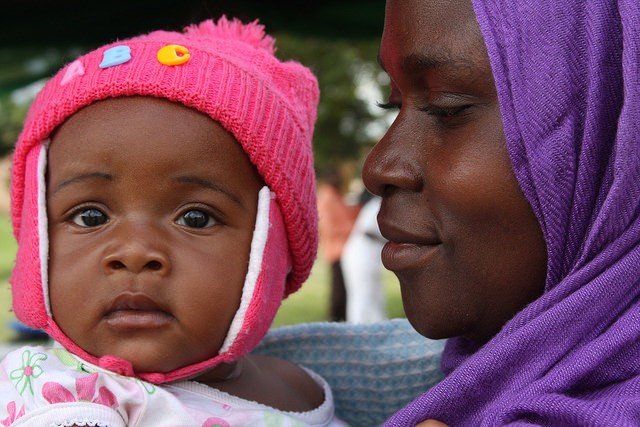
As part of a comprehensive approach to nutrition through both Feed the Future and the Global Health Initiative, USAID reduces rates of chronic undernutrition and maternal anemia through stronger integrated health and agriculture programs and services at the district and community levels.
Under Feed the Future, USAID focuses its efforts on five focus regions: Dodoma, Iringa, Manyara, Mbeya, and Morogoro, in addition to three districts in Zanzibar. According to the 2015-2016 Demographic Health Survey, roughly a third of all children under five in these regions suffer from stunted growth—a common effect of malnutrition. In Tanzania as a whole, 45 percent of pregnant women are affected by maternal iron deficiency, which increases their risk of death during childbirth. Key factors driving undernutrition in these regions include: the lack of diverse and quality diets at the household level, inadequate access to health services (including water, sanitation, and hygiene), poor caring and feeding practices, and low awareness of undernutrition and its impact.
USAID helps to improve household nutrition by supporting the Government of Tanzania develop a national education platform that promotes dietary diversity. USAID is scaling up social and behavior change efforts to improve infant and young child feeding practices, including hand washing, micronutrient supplementation to prevent iron and vitamin A deficiencies, exclusive breastfeeding, and complementary feeding (when foods other than breast milk are slowly introduced to the infant). USAID also works with the private sector to fortify staple foods, such as maize, flour, and edible oil.
USAID’s nutrition programming is fully aligned with the Government of Tanzania’s National Nutrition Strategy, and supports the government in meaningfully integrating nutrition into agricultural interventions.








Comment
Make a general inquiry or suggest an improvement.